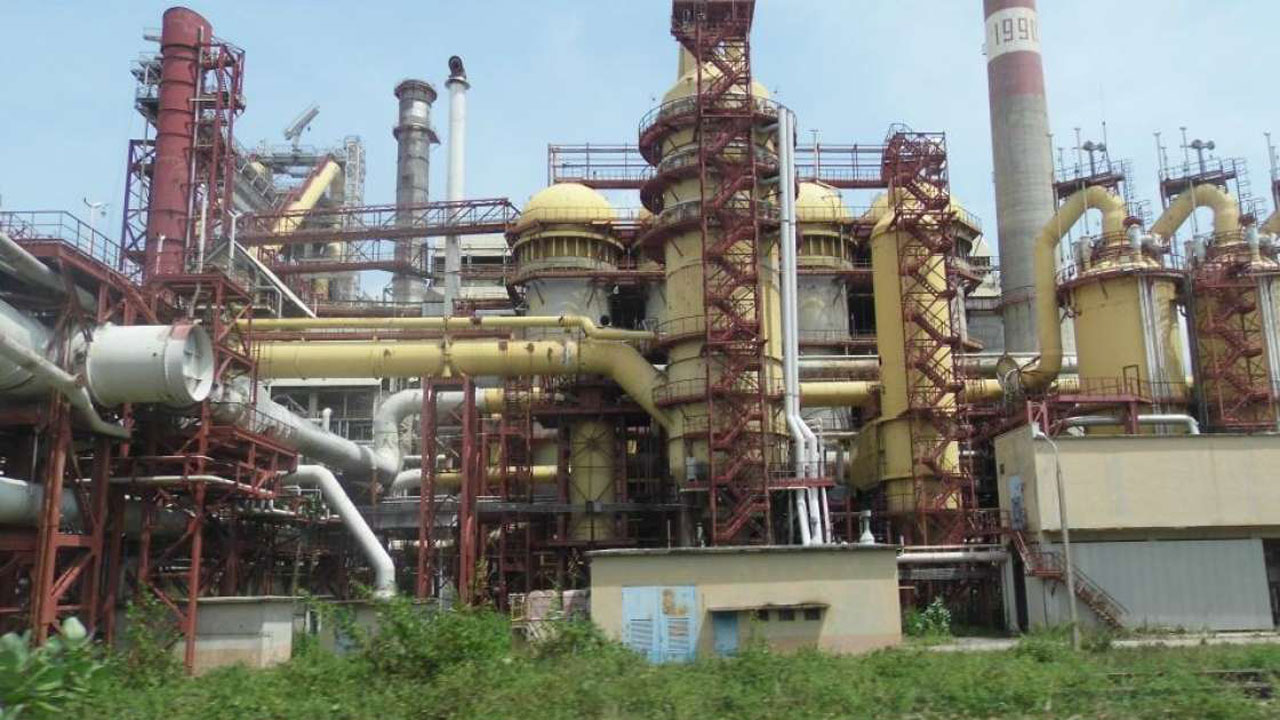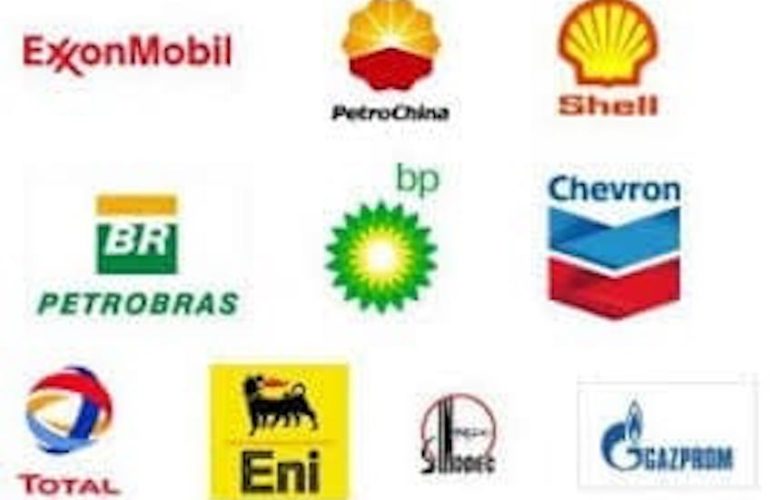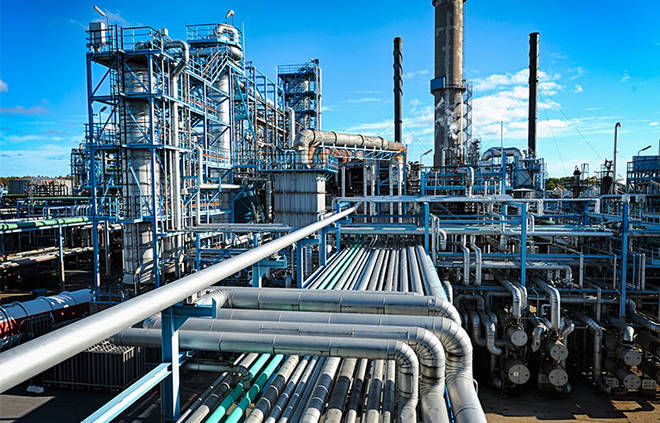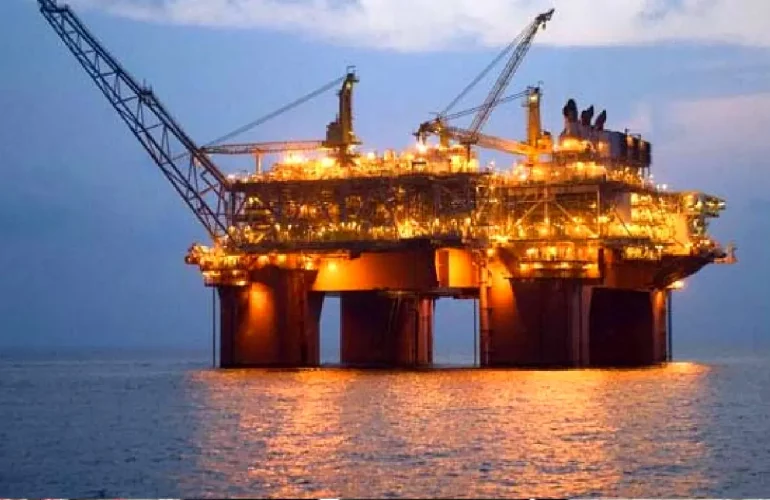Stakeholders at the PEEF Annual Conference (PAC) in Abuja raised concerns over challenges bedeviling Nigeria’s mining and steel industry in the country.
Identifying and proffering solutions to some of the challenges, the stakeholders said, the lack of innovative leadership, accountability, technical capabilities, and adequate financing require urgent attention.
They also noted, in a communiqué, that the absence of basic infrastructure, insecurity due to conflicts and criminal activities, inconsistent policies, and a lack of regulation impeding progress remained serious barriers in the sector.
They called for the need for strategic interventions and collaborative efforts to overcome the obstacles.The industry players said non-state actors, exemplified by organisations like the People Expertise and Excellence Foundation (PEEF), should continue their advocacy efforts to maintain attention on the sector.
They also asked for the sector’s resources to be harnessed with value-added and regulated approaches to accelerate economic growth. They added that non-state actors can play a vital role by forming a specialized team to document policy goals, monitor performance, and advocate for the sector’s development.
They noted that proper regulation at all levels is crucial for the sector’s development and growth, adding that there is a need to address inconsistent policies and conflicting responsibilities between federal and state governments.
The stakeholders said proper regulation and collaborative efforts are essential to unlock the great potential of Nigeria’s Extractive and Solid Minerals Sector, contributing significantly to economic growth and development.
They noted that Nigeria’s steel industry is lagging because of the lack of clear policy direction and commitment to national goals and aspirations by the Nigerian government.
They also blamed the situation on inadequate training and development opportunities for staff as well as poor integration of new technologies into current systems.
According to them, the steel industry has been roped in skewed concessions leading to losses and arbitration penalty payouts due to privatization policy.
They asked the government to deal with the issue of poor and unstructured funding, as well as complicated bureaucracy in government business. The conference participants, which seek the resuscitation of the Ajaokuta Steel Company (ASCL) and the development of the steel industry in Nigeria said the Nigerian government should develop a long-term and focused national plan for the resuscitation of ASCL, prioritizing the development of the steel industry and allocating necessary resources to achieve this goal.
“The government should provide patriotic and disciplined leadership, ensuring transparency, accountability, and good governance to ensure the success of the resuscitation of ASCL.
“Declaration of a state of emergency on steel to underscore the industry’s importance to the nation’s economic development, mobilizing necessary resources and focusing attention on ASCL’s resuscitation,” the industry players said.
They noted collaboration with other governments and the private sector to develop ASCL, bringing in expertise, technology, and funding to ensure project success.
Calling for the remodeling of privatization and concession models to ensure transparency and attract the right investors for the successful resuscitation of ASCL,
The players noted utilizing the Nigerian LNG model in resuscitating ASCL, involving a public-private partnership (PPP) model based on transparency, accountability, and good governance was necessary.
They said exploration of a bilateral government-to-government arrangement under a PPP model to fund the upgrade and rehabilitation programme for ASCL could address the age-long financial difficulties.





